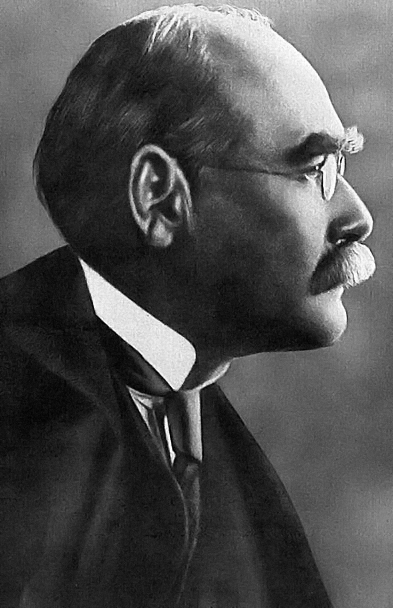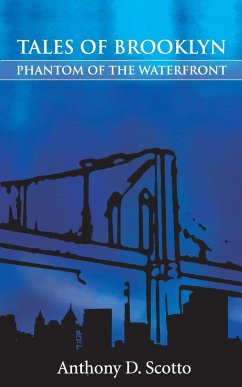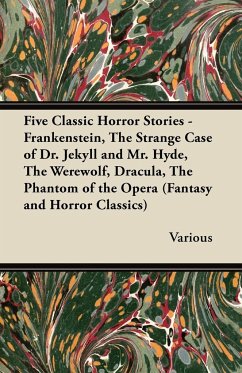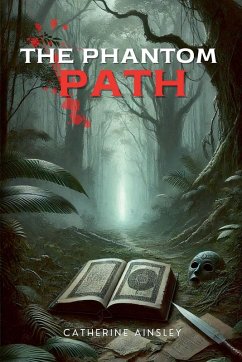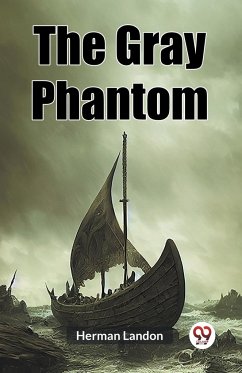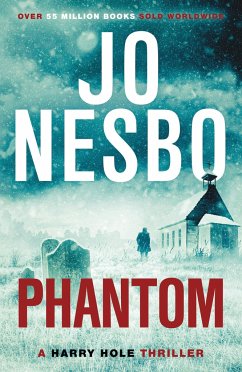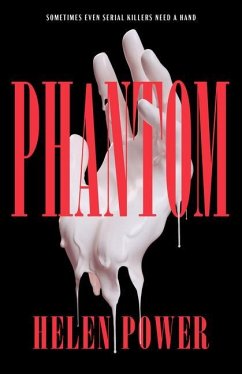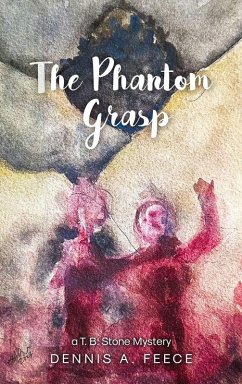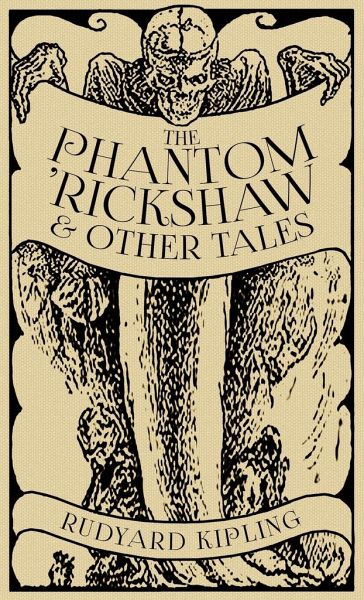
The Phantom 'Rickshaw and Other Tales
Versandkostenfrei!
Versandfertig in 1-2 Wochen
18,99 €
inkl. MwSt.

PAYBACK Punkte
9 °P sammeln!
"The Phantom 'Rickshaw and Other Tales" is a collection of ghostly short stories by the well-known English novelist Rudyard Kipling. Kipling, born in India, is revered for his honest portrayal of India's people, culture, and religion throughout his work. "The Phantom 'Rickshaw and Other Tales" features five short stories, each one packed with irony, good humor, mystery, and an interesting twist. In "The Phantom 'Rickshaw," the narrator Jack continuously sees Mrs. Wessington, his old flame, appear in his life even after he becomes engaged to Miss Mannering. In "My Own True Ghost Story," the nar...
"The Phantom 'Rickshaw and Other Tales" is a collection of ghostly short stories by the well-known English novelist Rudyard Kipling. Kipling, born in India, is revered for his honest portrayal of India's people, culture, and religion throughout his work. "The Phantom 'Rickshaw and Other Tales" features five short stories, each one packed with irony, good humor, mystery, and an interesting twist. In "The Phantom 'Rickshaw," the narrator Jack continuously sees Mrs. Wessington, his old flame, appear in his life even after he becomes engaged to Miss Mannering. In "My Own True Ghost Story," the narrator hears a group of doolie-bearers playing billiards in his bungalow, but when he complains the next morning, he finds there were none. "The Strange Ride of Morrowbie Jukes" is a story where an Englishman finds himself in a village of the living dead. However, one of Kipling's most renown tales, "The Man Who Would Be King," features a regular man who is made an illusionary king, built upon ideals and lies. Kipling's supernatural stories are a great read for children and adults alike with a curiosity for the unknown and unexplained.





